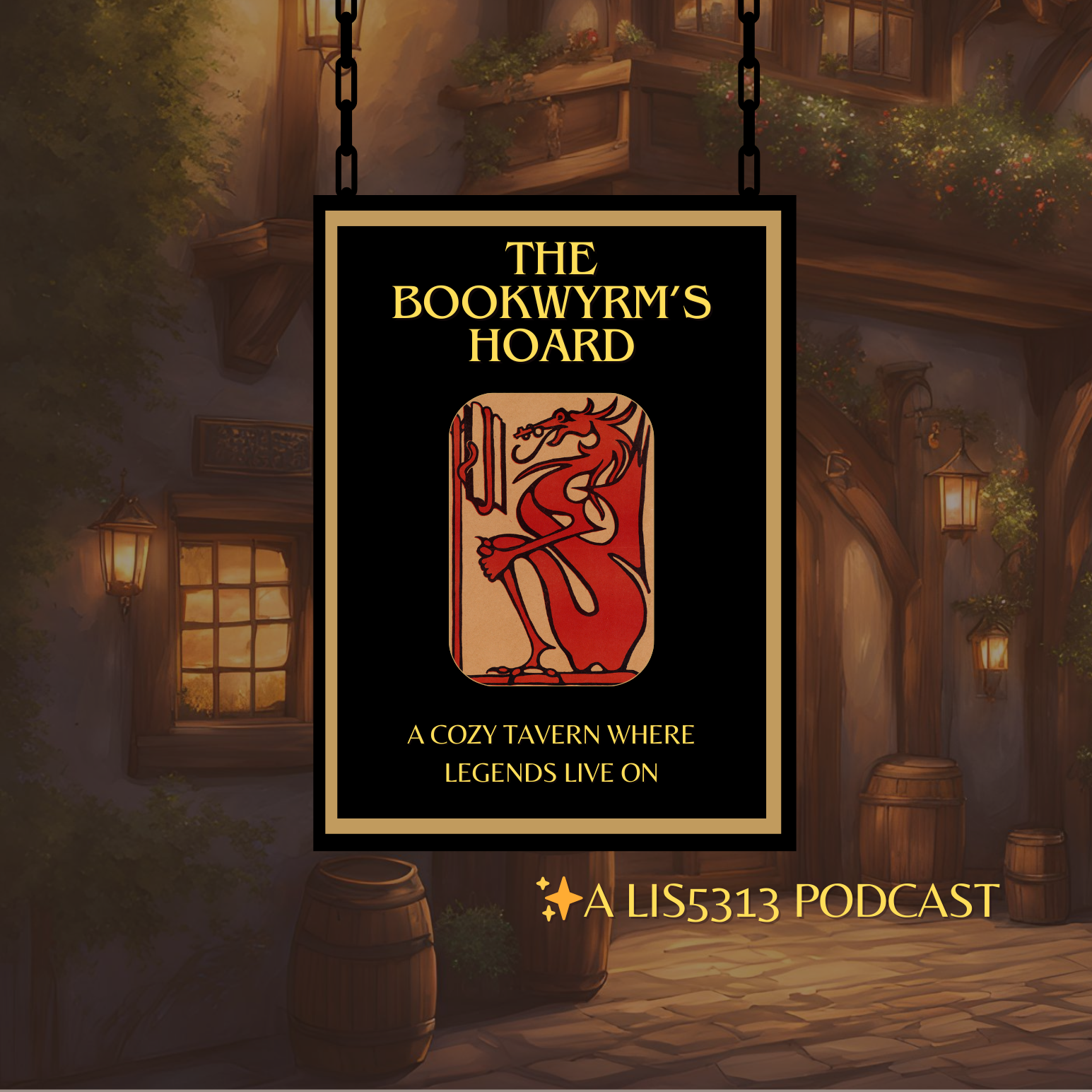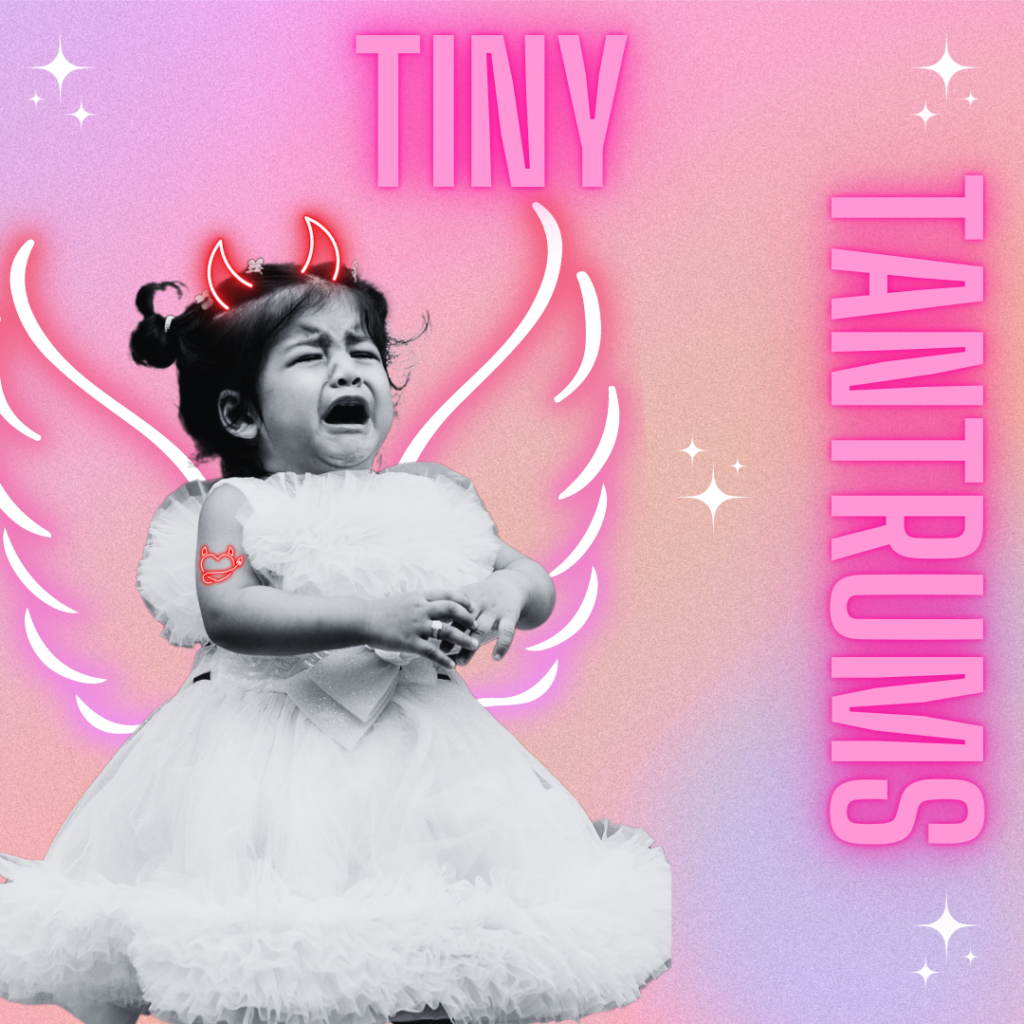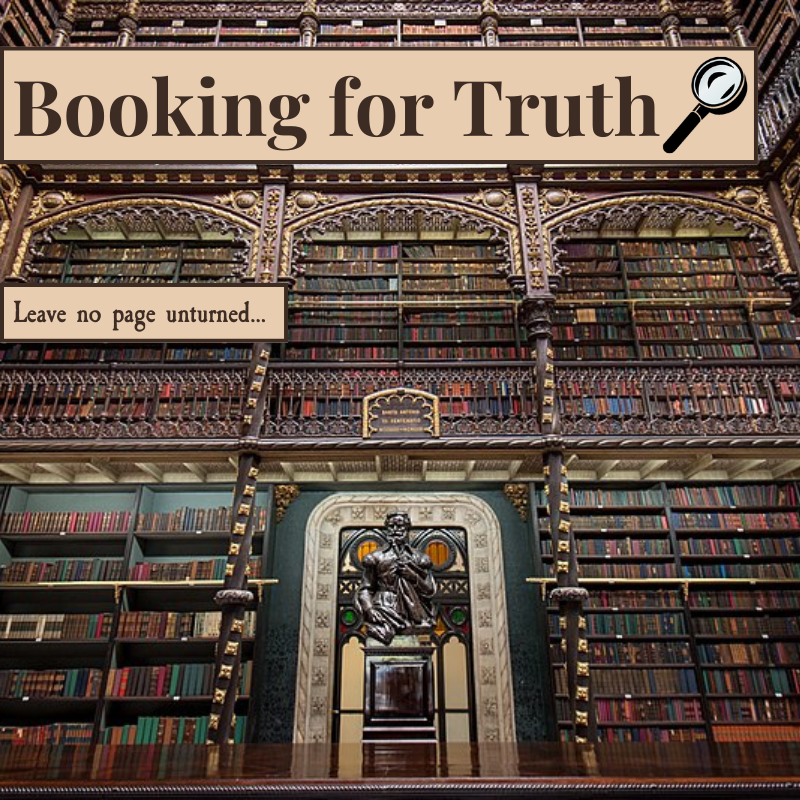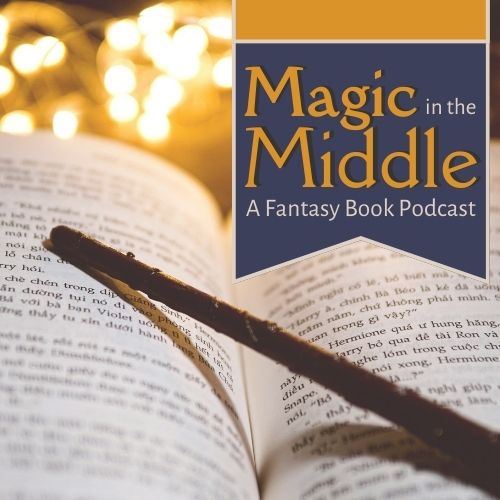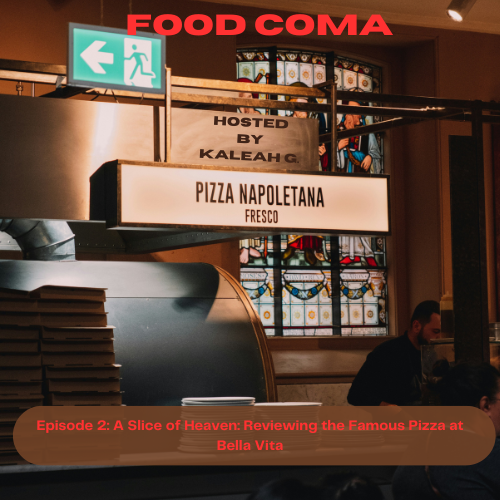
Exploring Florida is a bi-weekly podcast dedicated to travelers interested in exploring Florida nature trails, small towns, and other hidden gems. In the podcast series I discuss the attraction, atmosphere, and long history to the week’s lesser known destination. Come join me and be inspired to pack up your travel gear and explore Florida.
The hope of this podcast is to encourage listeners to set aside time to get out, travel, and explore historic Florida outside of the major cities. The podcast begins with intro music as I welcome listeners back to the podcast. The intro music then fades into the background with the ambient sounds I’ve recorded at each destination. During the Egans Creek Greenway podcast, you can hear the nature and wildlife present at Egans Creek Greenway as I’m speaking about Egans Creek and what makes it a great next visit for you.
The intro music was cut using Audacity with instrumental sections from the song, “Let Nature Be Nature” which I found via CC Mixster. The ambient nature sounds and wildlife sounds were also cut using Audacity and overlayed into the podcast audio. The podcast photo was edited using Apple Photos with a photo taken from my visit to Egans Creek Greenway. I used what I learned from our Typography media lab to custom make a unique podcast cover that features the actual location I went to visit; each podcast would feature a unique cover of the locale to further inspire listeners to go out and discover the new destination.
As an outdoor enthusiast myself, my hope for the podcast is to inform, entertain, and inspire others like me to get out and explore Florida.
Audio Credits:
“Let Nature Be Nature” by Speck is licensed under ATTRIBUTION 3.0 UNPORTED (CC BY 3.0). The podcast intro music is a cut of the instrumentals from this song.

